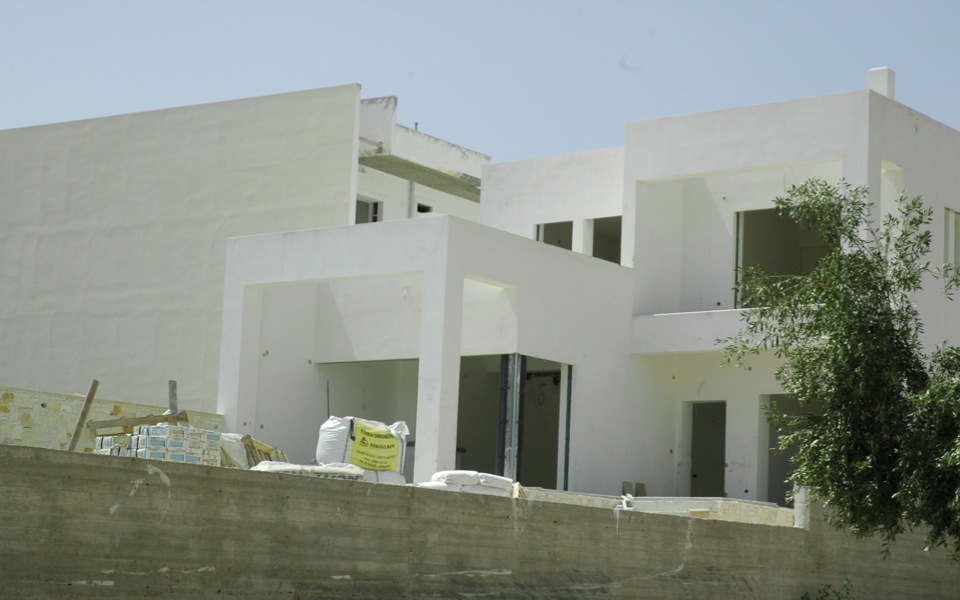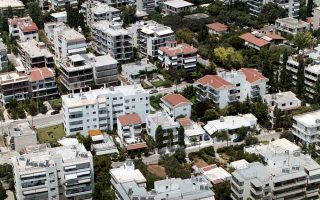Huge burden on holiday home buyers in Greece

Buying a newly built home in Greece carries an additional cost amounting to 30.2 percent of the property’s original value, making this country the most expensive in terms of taxes and charges compared to rival investment destinations in Southeast Europe, a study by property services company Savills shows.
The report draws particular attention to the difficulty Greece has in attracting foreign buyers, especially in the countryside holiday home market.
The main reason for the high additional costs for buyers is the 24 percent value-added tax on purchases of properties whose building permits were issued after January 2006. This tax mainly concerns holiday homes, as buyers do not have to pay VAT if the property is to be their main residence.
Older property only bear the transfer tax, which has now dropped to 3 percent from 10 percent up until 2013.
Therefore, investors who choose to buy homes in popular holiday destinations mostly opt for a used property, as the cost for the completion of the transfer does not exceed 8.2 percent, which is fairly competitive for a Mediterranean country. In Cyprus the tax burden on new homes is 6.2 percent and on older ones 4.9 percent. In Portugal there is no distinction between older and new homes, with a flat charge of 8 percent imposed on transactions.
According to Alexandros Moulas, head of the international development department at Savills, the high taxation in Greece is a clear counterincentive for anyone looking to buy a holiday home. “This hampers sales of tourism properties that have been or will be built within tourist resort developments as those assets are de facto aimed at the foreign market,” Moulas comments.
He adds that although there are only a few such tourist resort developments in place or in the pipeline in Greece, there is still buying interest from abroad that could have been much greater if the right product for investment were to be developed. “The state has to move hand-in-hand with the investor (i.e. the tourism accommodation development groups), offering incentives – financial or town planning – as the rest of the countries in the Mediterranean do,” explains Moulas.




